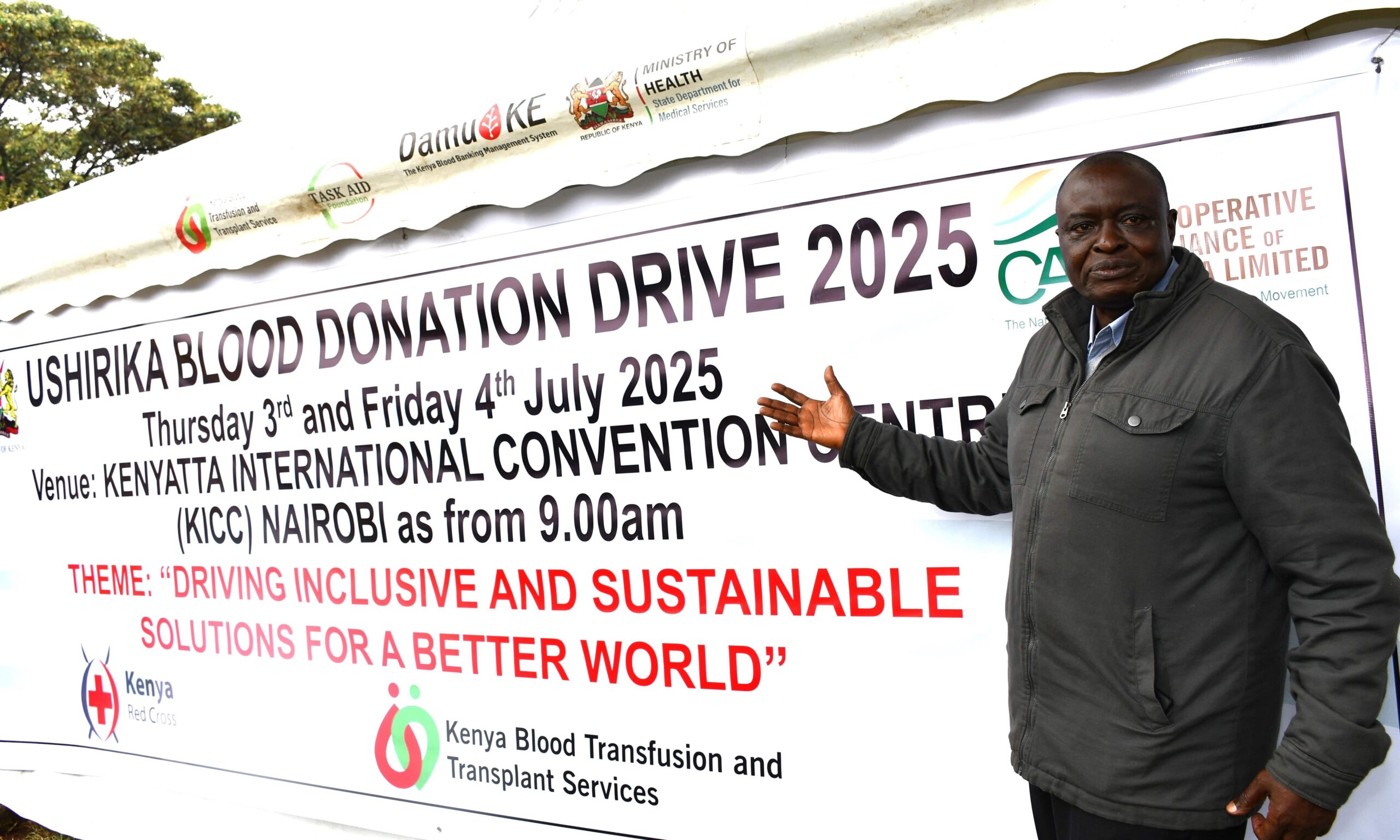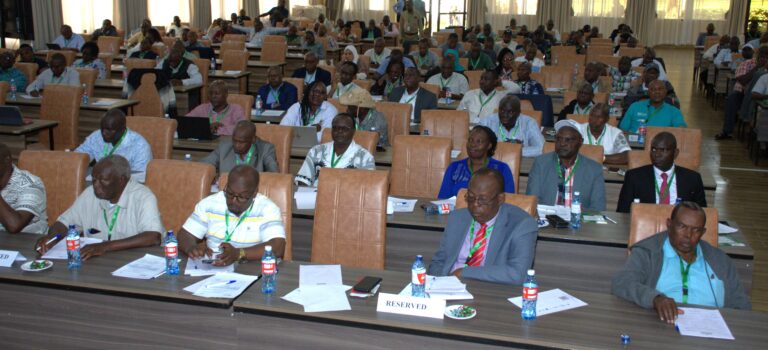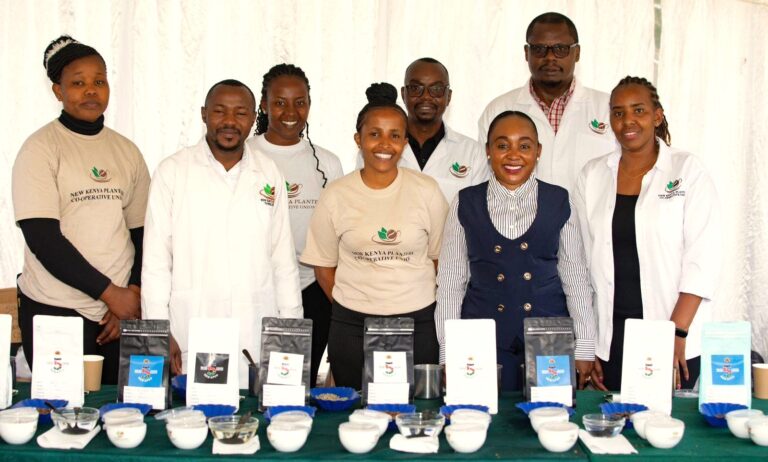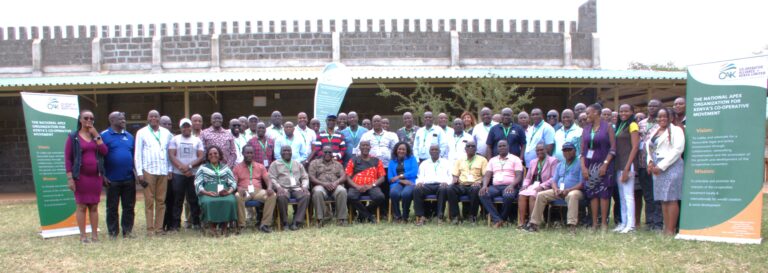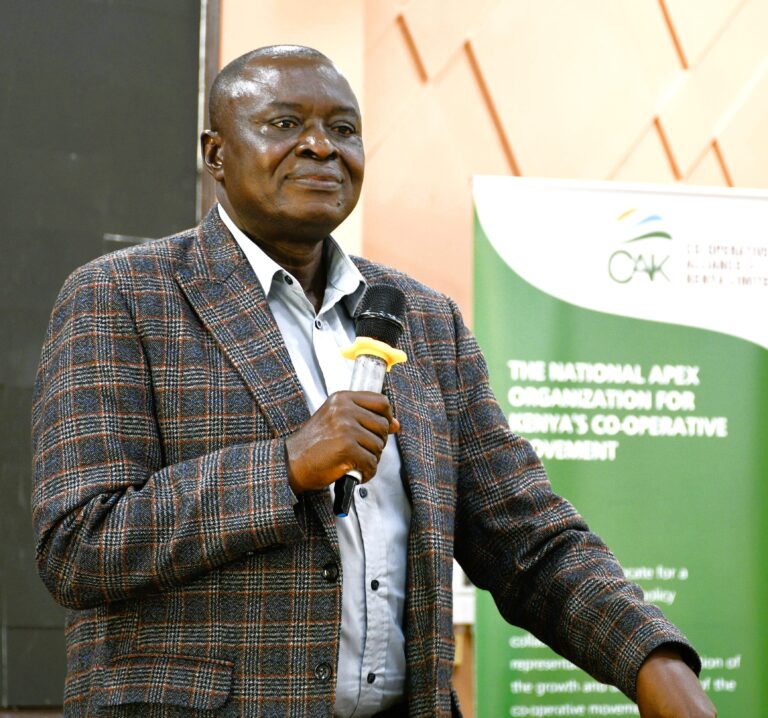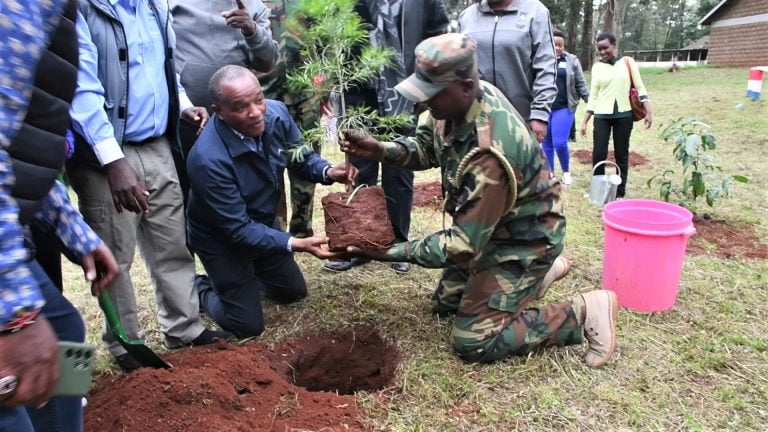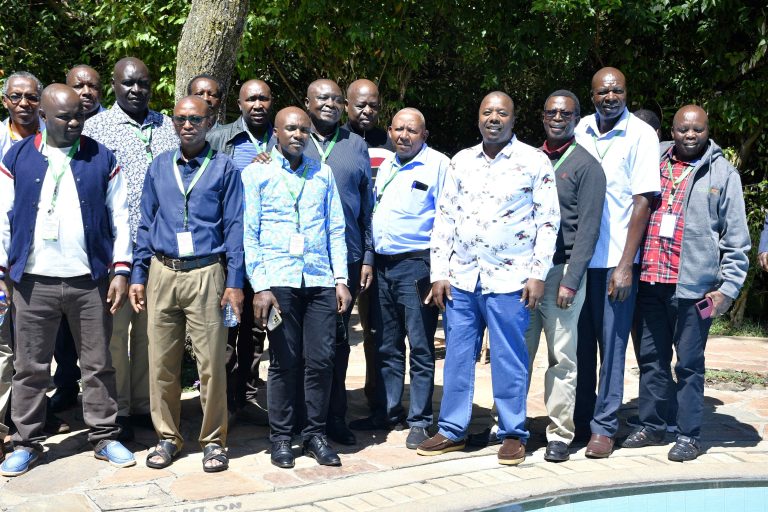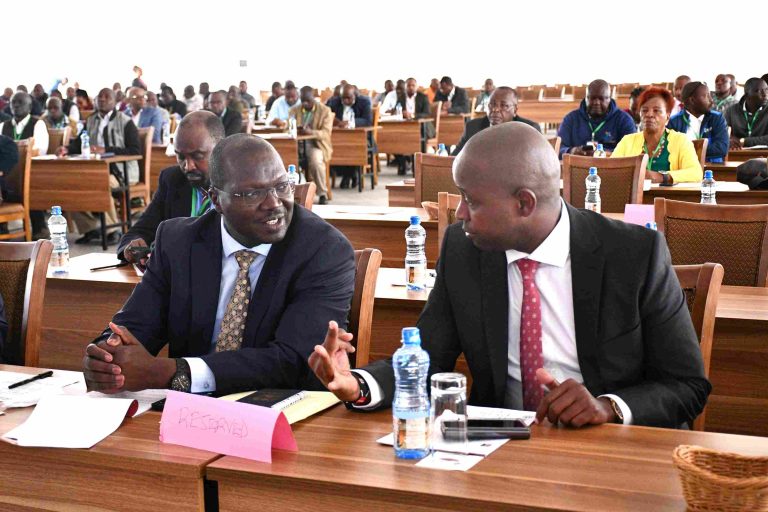By Kimuri Mwangi
The cooperative movement in Kenya is emerging as a key partner in addressing the country’s blood shortage crisis, with leaders emphasising the sector’s social impact, which extends beyond economic empowerment.
During a blood donation drive organized by the Cooperative Alliance of Kenya (CAK) in Nairobi on Thursday, officials from the Kenya National Blood Transfusion Service (KNBTS) highlighted the life-saving benefits of blood component separation and the critical role cooperatives are playing in mobilizing donors.
KNBTS Deputy Director and Technical Head Nick Kiptanui explained that separating donated blood into its components, Fresh Frozen Plasma (FFP), red blood cells, and platelets, has significantly reduced maternal deaths during childbirth.
“Separation of donated blood into different components has helped in the reduction of deaths during birth, as women who over-bleed are given the specific component ideal for the circumstance,” said Kiptanui.

He noted that the innovation began in Nakuru, where he led efforts to pioneer the technique. “We were losing a lot of mothers. So the project was done in Nakuru, and it posted positive results,” he said, citing a case in which a woman who slipped into a coma due to postpartum haemorrhage recovered within hours of receiving two units of FFP. “She got better and woke up to breastfeed her child.”
According to Kiptanui, under World Health Organization (WHO) guidelines, a country needs at least one per cent of its population to donate blood annually to meet demand. For Kenya, that translates to 500,000 units. However, the country currently collects only about 250,000 units each year. With component separation, the effective yield rises to 300,000 units—still short of the target.
“An increase in chronic diseases like cancer, road accidents, and even demonstrations has increased the demand for blood in the country, and we strive to meet that demand, even when we have fires in schools,” said Kiptanui.
Recognizing the urgency of the matter, the State Department for Cooperatives has emphasized the power of the cooperative model in achieving broader social goals, including healthcare.
Principal Secretary Patrick Kilemi noted that 2025 has been declared the International Year of Cooperatives by the United Nations, underlining their role in advancing the Sustainable Development Goals (SDGs).
“With Kenya being the leader in the cooperative movement in Africa, we have witnessed the impact of the movement where it has had socio-economic changes by bettering the lives of members,” said Kilemi. “Cooperatives support the four pillars of people, prosperity, peace, and planet.”
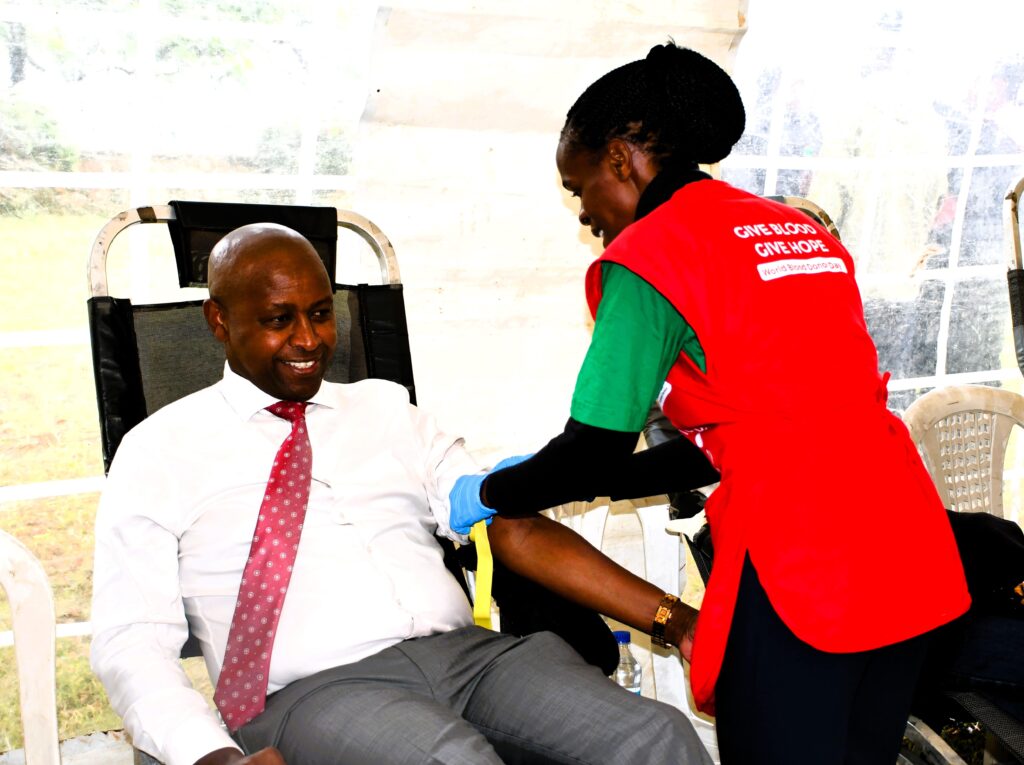
Kilemi added that cooperatives are enablers of Kenya’s Bottom-Up Economic Transformation Agenda (BETA), playing vital roles in housing, agriculture, financial inclusion, and now, public health through blood donation drives. He also revealed that discussions will be held with Nairobi County to allow blood drives in the Central Business District, which attracts high donor traffic.
CAK Chief Executive Officer Daniel Marube emphasized that the cooperative movement’s values of unity and shared responsibility are now being extended to health.
“We have been partnering with the Kenya National Blood Transfusion Service by mobilizing members of the cooperative movement to donate blood in efforts to bridge the shortage,” said Marube.
He urged Kenyans to embrace a spirit of generosity, noting that just as cooperatives have empowered lives through saving and borrowing, they can now save lives through donation.
“Our rallying call is: donate blood today, for you may need it tomorrow,” said Marube. “Nowadays we have many diseases like cancer and emergencies, and you cannot know what may befall you tomorrow.”
As Kenya continues to grapple with rising health emergencies and a growing demand for blood, the cooperative movement’s involvement offers a promising model of civic engagement with tangible, life-saving results.


